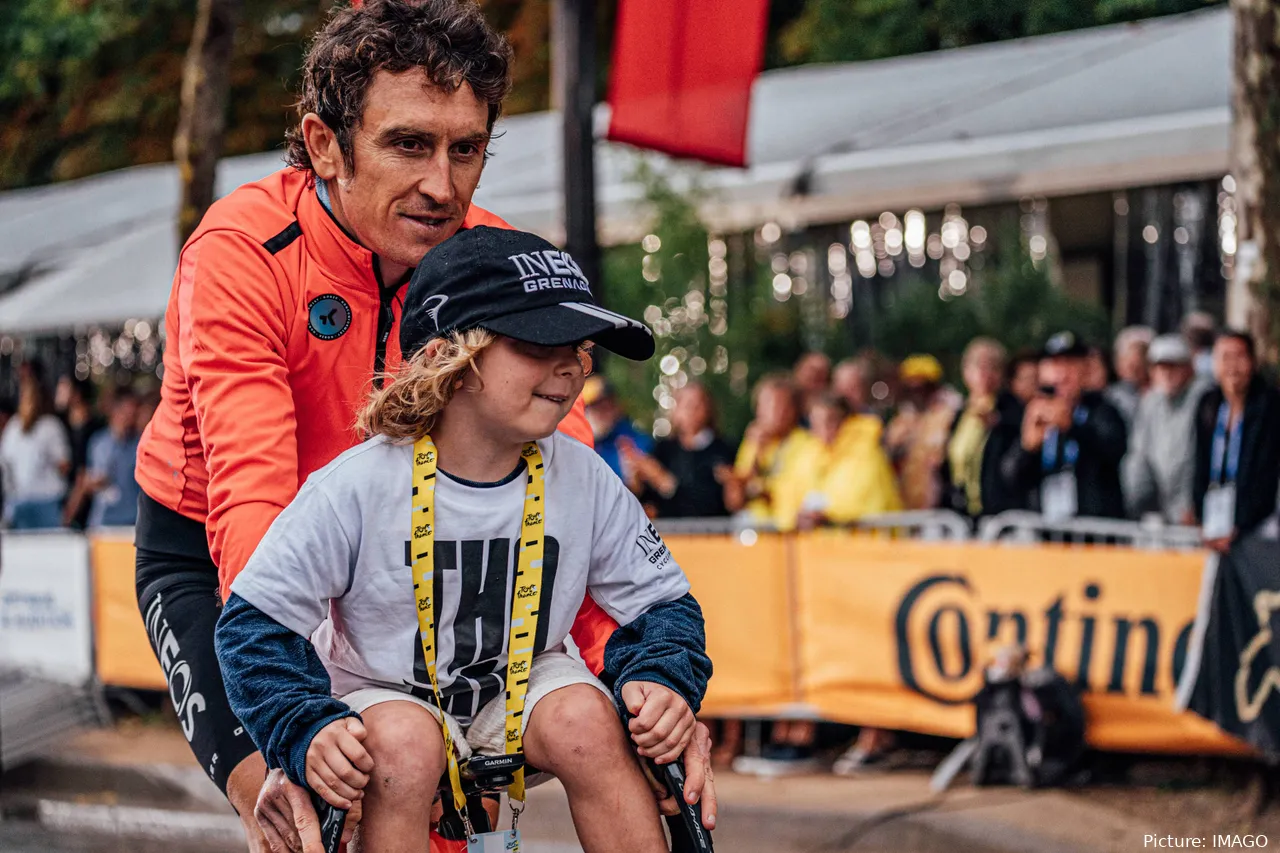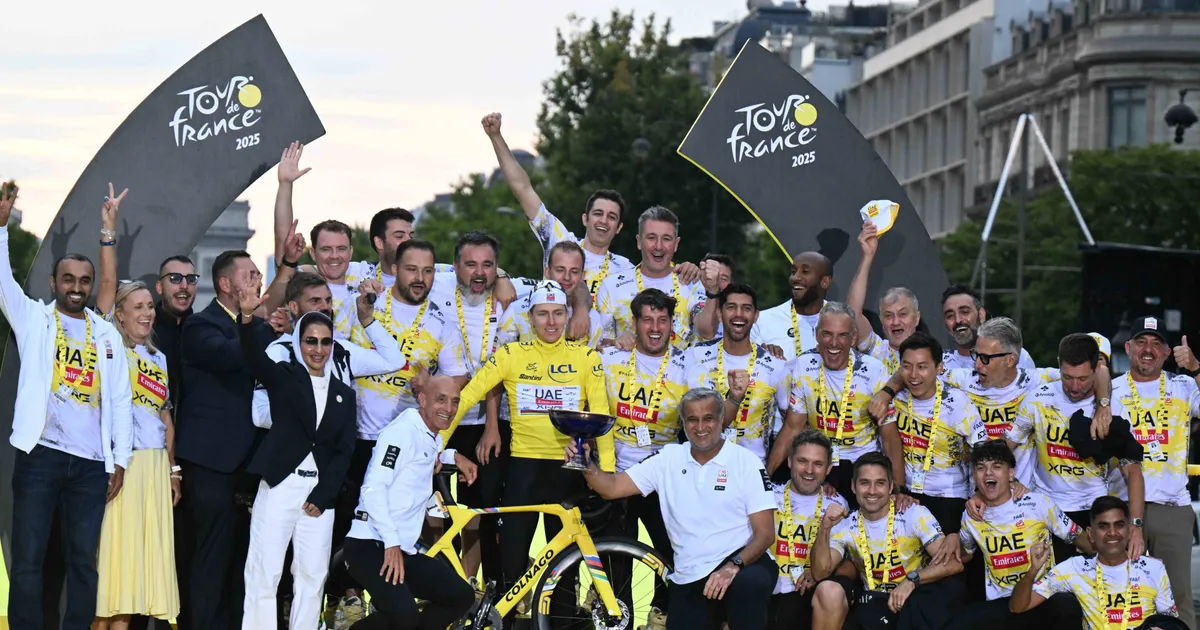The implications are as clear as they are expensive. When
Eurosport transitioned to TNT Sports earlier this year, it marked the beginning
of a pricing overhaul. What once cost fans £6.99 per month now demands £30.99.
Just one day after ITV’s farewell broadcast, TNT confirmed another price hike, this
time to £33.99. For cycling fans who don’t follow football or rugby, the cost
of watching their favourite sport has ballooned to over £400 a year.
As Peter Kennaugh, former Team Sky rider, put it during
ITV’s farewell montage, “It’s quite heartbreaking that it won’t be, you know,
free to air anymore.”
For casual viewers, ITV’s free coverage offered the chance
to stumble across the Tour, to be drawn in by the spectacle without needing a
subscription. But with the race moving fully behind a paywall, it’s harder for
the sport to attract new fans. “I don’t really see how it grows from behind a
paywall,” Matt Rendell said. “People aren’t going to be sort of glimpsing it
out of the corner of their eyes.”
Beyond the monetary impact, ITV’s departure is cultural. For
many in the cycling community, viewers and broadcasters alike, ITV was more
than just a channel. It was a community, a tradition, and a shared language
spoken every summer. “This is my first year with the ITV family,” said Alex
Dwsett in the farewell video, “and also my last year with the ITV family.”
Others echoed the same feeling: “My highlight has just been the friendships
I’ve made along the way.”
In its final broadcast, ITV reflected on the evolution of
the sport. “It’s hard to overstate the impact that the Tour de France success
of those Sky years, and before that Cavendish for HTC-Columbia, had on the
British racing scene,” commentator Ned Boulting said. Mark Cavendish’s rise,
along with Geraint Thomas and Bradley Wiggins, shifted cycling into the British
mainstream. “There was a period of time where [Cavendish] was the British
sports star in any sport.”
Now, with Cavendish retired and Thomas likely to follow
soon, the next generation faces a much more challenging landscape. Boulting
pointed out, “The road racing scene in the UK is in deep trouble. The number of
races and the number of athletes signing up is dwindling.” Without regular
coverage, the pipeline from grassroots to professional racing weakens even
more.
“At a grassroots level, it’s really interesting because
there are so many amazing volunteers and clubs in the UK,” David Millar noted. “But
the amount of events in the UK is not what it was 10 to 15 years ago. That’s
actually declined.” That loss in visibility and participation could have a
lasting effect. British cycling success once fed off its visibility; now the
opposite may happen.
British legend Geraint Thomas waved goodbye to the Tour on Sunday
The commentary team spoke with pride about the quality and
integrity of their work. “I think there’s been a commitment to journalism, a
commitment to saying what needs to be said for our own integrity, whether it’s
going to be liked or not.” The production built a reputation for knowledge not
just of the race, but of the culture in France too. Even when the sport was
under clouds of suspicion or scandal, the ITV team stuck to a high standard.
The broadcast, and Boulting, signed off with a simple truth:
“The Tour will of course continue as it always has. But for everyone here who
brought it to you for free for 25 years on ITV, it was never just about the
race. It was about the experience.” And that experience was deeply British in
its tone and passion.
ITV’s exit marks more than the end of a contract, as it
severs a connection between British audiences and one of sport’s most poetic
epics. The Tour de France is not going anywhere, but the way it is experienced
by millions in the UK has changed, perhaps for good. “We look back not with
sadness, but with fondness and immense pride.”
The question now is whether a sport that once thrived in the
public eye can continue to grow behind a paywall. For a generation of fans, ITV
was the Tour de France. It wasn’t just about coverage. It was a companion to
the summer, and as one commentator put it, “a burst of laughter between the
climbs.”
The road continues. But the view has changed.
